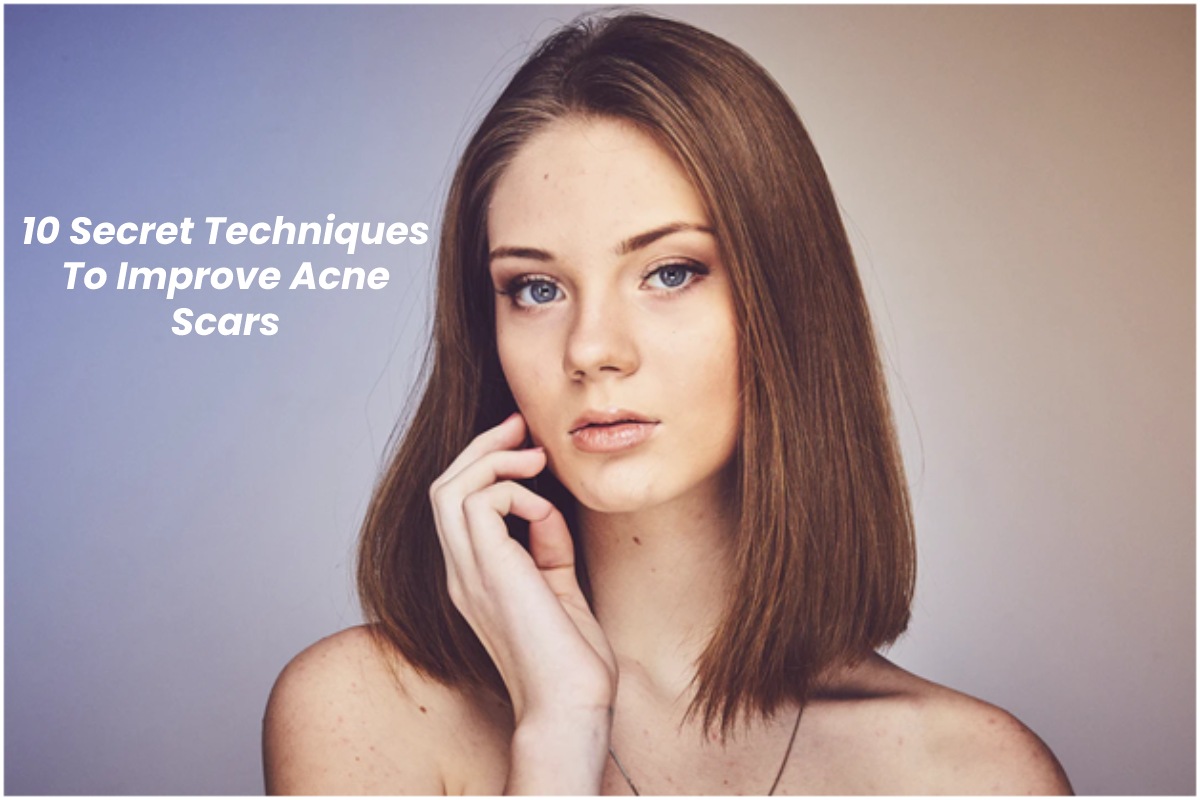Acne breakouts are frustrating as the marks and scars can appear on the face and other parts of the body. A lot of people find acne scars an undesirable reminder of a painful and disturbing skin issue. Fortunately, acne scars are not as permanent as it used to before thanks to some home remedies and medical procedures. An acne scar treatment is your go-to option if you want a safe and effective acne scar removal.
In this post, you can find some ways to reduce acne scars’ appearance and encourage healthy skin.
Table of Contents
Home remedies
Different kinds of acne scar remedies are available over-the-counter which many of them can help people treat acne and reduce the appearance of scars.
Natural remedies
Many use natural remedies for clarifying acne marks, but the evidence behind them is unknown. Some can cause additional discomfort or problems so that people should be careful. Home remedies for the treatment of acne scars traditionally include:
- lemon juice
- coconut oil
- raw honey
- aloe vera gel
Alpha hydroxy acids (AHAs)
AHAs helps to prevent the blocking of pores and remove dead skin cells. Alpha hydroxy acids (AHAs) Doctors can prescribe AHAs for acne treatment and acne scars reduction. AHAs are a mild acid form that scrapes the skin’s surface layer to expose raw, new skin.
Retinoids
Some topical retinoids can help to remove scars from acne. Dermatologists note that topical retinoids block inflammation, reduce acne lesions, and accelerate cell regeneration. Retinoids can potentially make the skin sensitive to the sun. Anyone with acne or scar therapy retinoids should wear an outdoor sunscreen.
Lactic acid
Lactic acid extracts dead cells from the skin. It may help decrease the presence of scars and lighten the skin’s general texture. The latter is also present in the diluted vinegar of apple cider, making the treatment more natural and economic.
Salicylic acid
Salicylic acid is an element naturally found in acne skincare products. And, salicylic acid helps extract dirt and other waste from the skin’s pores, skin cells and acne. It also helps to minimise redness and swelling within the region, which can reduce scarring appearance.
Salicylic acid is ideal for all forms of scars. For most people dealing with acne, it adds well to a normal skincare routine.
Medical treatments
Several treatments to minimise acne scars are available in most aesthetic clinics around you. Depending on the type of skin and the degree of the scarring, the dermatologist can prescribe different procedures. Acne scar treatments include:
Dermal filler
Dermatologists may suggest that the presence of scars is minimised by the use of soft tissue fillers. Dermatologists may use a collagen-based product filler that might need to be screened for allergies. Otherwise, it would be a choice to remove fat from a different part of the body. Other commercial agents such as hyaluronic acid (HA) and poly- L-lactic acid can also be used.
Dermal fillers function for atrophic scars best, but many are provisional. Usually, the procedure lasts from 6 to 18 months. However, a person should speak to his dermatologist about some ongoing choices.
Chemical peels
The skin colour, acne severity and scarring of one person should be the basis of the doctor to which chemical peel product to prescribe them. Some chemical peels may not be as effective as others. For example, there was no reduction in scars’ appearance by 25% of those who used glycolic acid. An individual can have to try various kinds of peel to see which one works for them.
Injections
Corticosteroid injections can be effective in healing the elevated acne scar tissue if someone has hypertrophic and keloid scars. Typically, the procedure requires a variety of injections. A dermatologist will track the results once every few weeks in his office.
Laser treatment
A laser treatment revives the skin without solvent or scrubbing. It eliminates the outer skin layer to expose the younger skin cells below, which can help to decrease the scarring appearance. However, laser therapy is not ideal for everyone, as its effectiveness depends largely on a person’s acne scar and type of skin. For those with sensitive skin, the treatment can also cause a reaction.
Microneedling
Microneedling is the procedure where small needles are inserted into the skin around the scar to boost the body to create more collagen. This collagen can smooth out the skin and reduce acne scars. Many people experience after treatment redness, pain and inflammation, but the symptoms are temporarily diminished.

